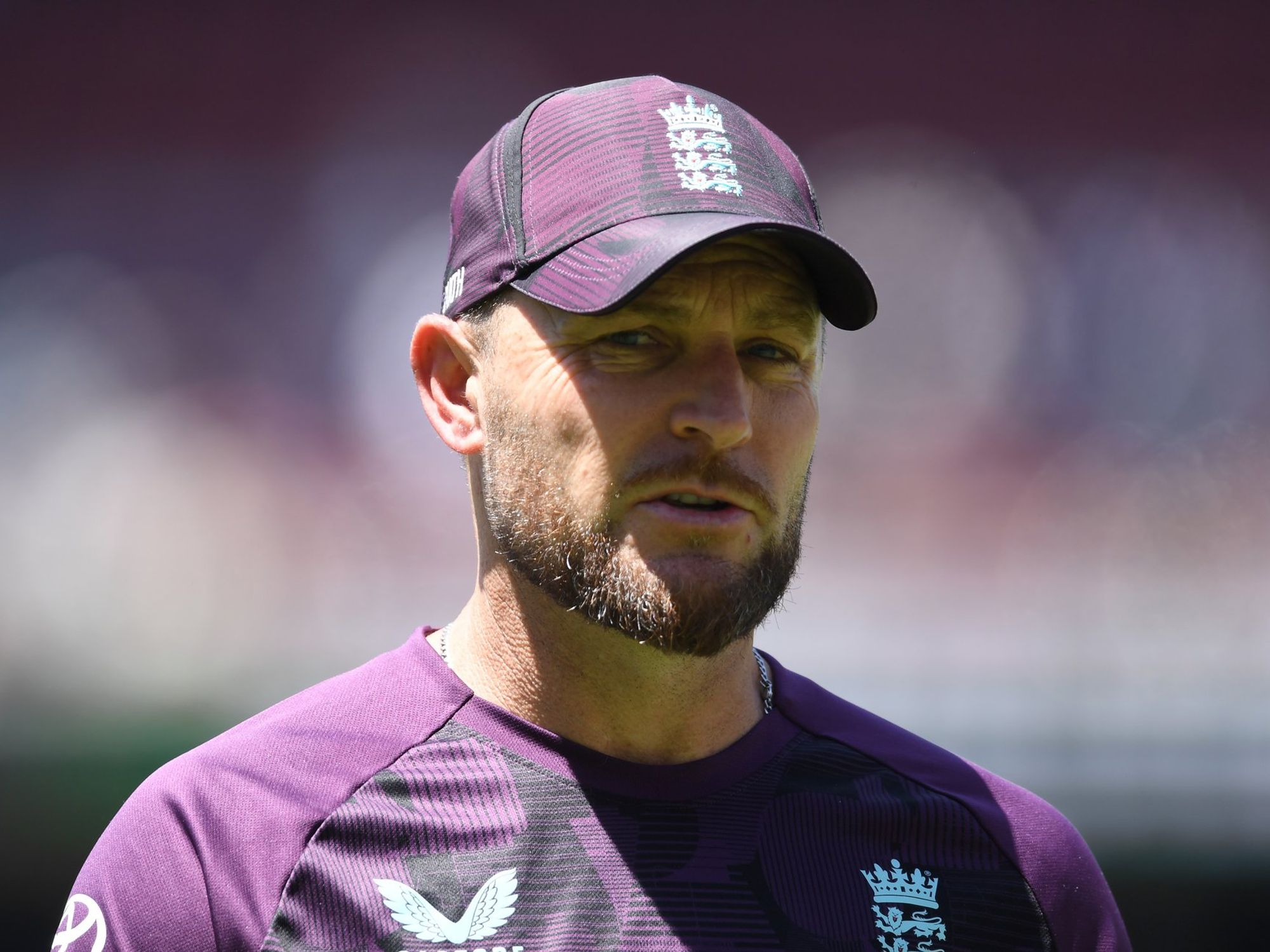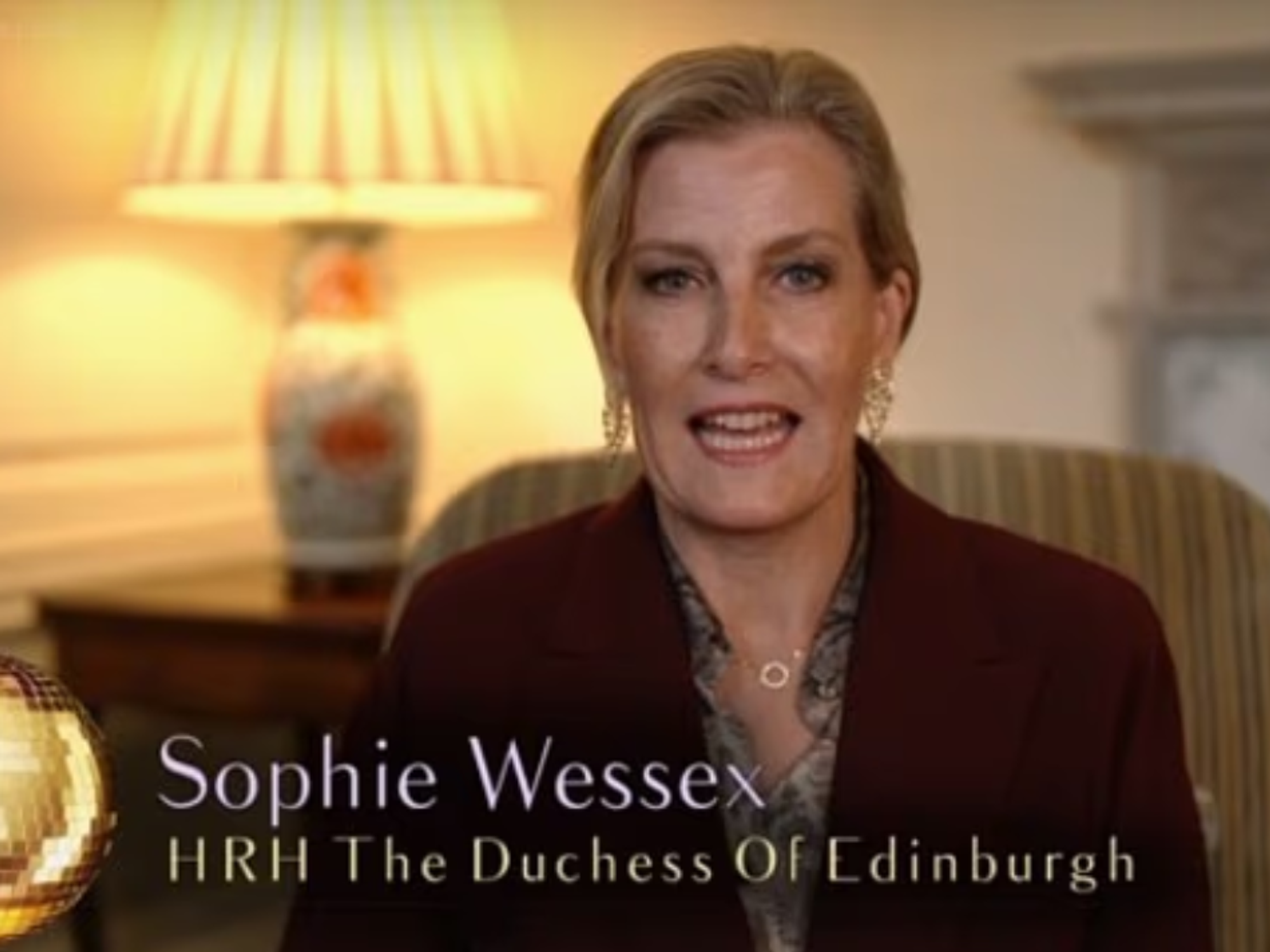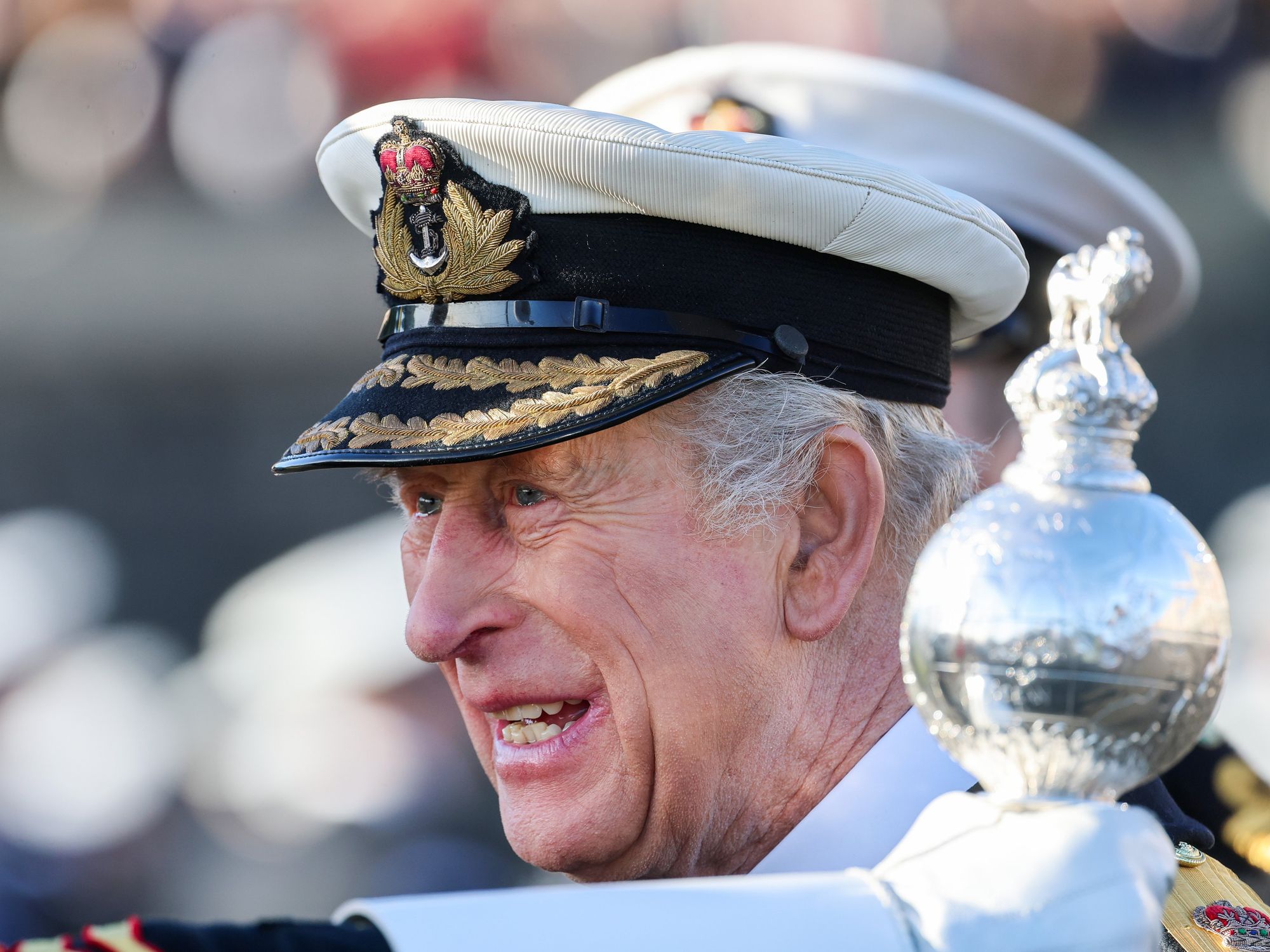Petrol and diesel drivers will 'fork out more to get around' if Labour scraps fuel duty freeze

Petrol and diesel prices are likely to rise if the fuel duty cut is scrapped
| PA
Experts have urged the Government to give an update about fuel duty changes in the October Budget
Don't Miss
Most Read
New research has suggested that around 40 per cent of drivers would use their car less if the Government scraps the freeze on fuel duty rates in the upcoming Budget.
The cost of motoring has been a burden on drivers for years, with car insurance, vehicle tax and fuel prices all putting pressure on Britons.
Two in five motorists have now admitted that they will try to drive less if fuel prices are hiked, which some have predicted will happen if Chancellor Rachel Reeves increases the rate of fuel duty.
Fuel duty has been identified as a possible measure for the Government to claw back money after it warned the previous Conservative administration left a £22billion black hole in public finances.
Do you have a story you'd like to share? Get in touch by emailing motoring@gbnews.uk
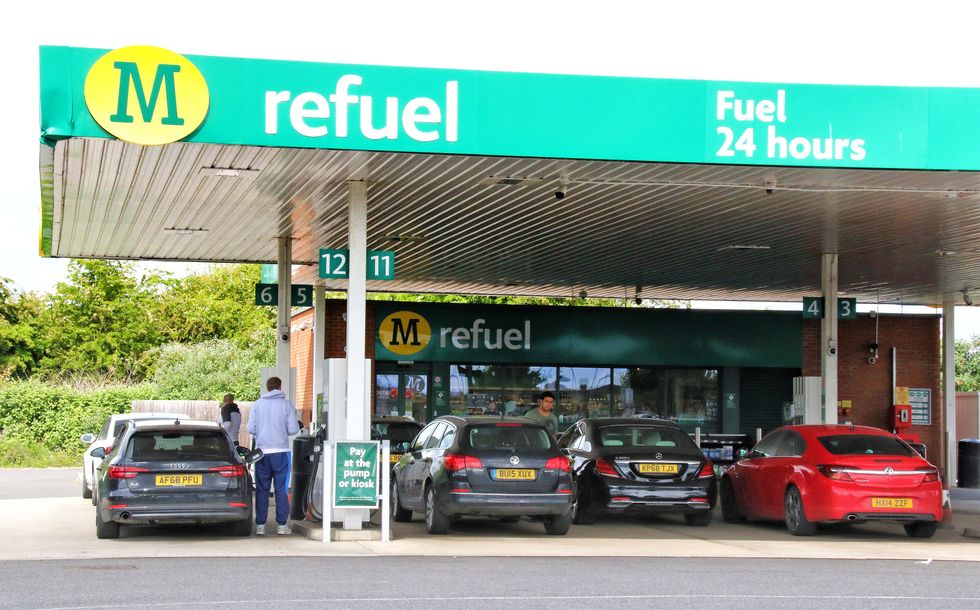
Fuel duty rates are expected to drop to zero by 2050
| GETTYRichard Evans, head of technical services at webuyanycar, said: “With the new Government budget set to take place towards the end of October it has brought recent conversations that the frozen fuel duty rates may no longer be in place for drivers.
"This could mean that drivers are ultimately noticing higher prices for fuel meaning they could fork out more to get around."
In 2021, the Office for Budget Responsibility stated how the transition to net zero could "raise the stock of Government debt by 21 per cent of GDP by 2050, with the largest single cost being that of lost fuel duty revenue".
This was under the assumption that the Government takes "early action" to mitigate climate change, provides extra funds, sees no lasting output growth impact and levies a comprehensive carbon tax but does not replace lost motoring taxes as fuel duty declines.
The latest report found that revenues from emissions taxes are projected to fall from 1.0 to 0.1 per cent of GDP.
It states that this is driven by the fall in fuel duty revenues as it assumes electric vehicles will account for close to 100 per cent of cars on the road by 2045.
This follows the 2035 ban on the sale of petrol and diesel cars and vans, although this change could be made sooner, following on from Labour's pledge to reinstate the original 2030 deadline.
It estimates that fuel duty rates will plummet to zero by 2050, with experts urging the Government to prepare for such a large change in the coming years.
Data from RAC Fuel Watch shows that the average price of petrol across the UK is 139.41p per litre, while diesel drivers are paying an average of 144.16p.
The RAC and other motoring organisations have predicted that petrol and diesel prices will continue to fall in the coming months.
However, the optimism about falling prices could be impacted by any Government announcement in the upcoming Octobe 30 Budget.
Earlier this week, a report from the Resolution Foundation said the loss of fuel duty due to vehicle electrification will be an "£8billion problem" by 2029-2030 and grow further every year after.
LATEST DEVELOPMENTS:
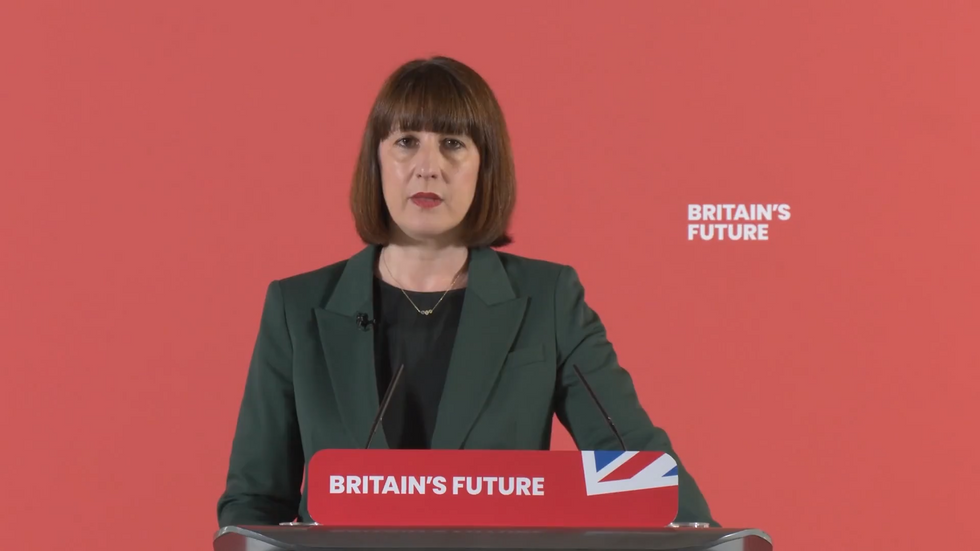 Chancellor Rachel Reeves will deliver the Budget on October 30 | POOL
Chancellor Rachel Reeves will deliver the Budget on October 30 | POOLThe Revenue and Reform report outlines that the Government's default policy is for fuel duty to rise in line with RPI inflation.
If it remains at 2.1 per cent, fuel duty could rise in April by 1.2p, to roughly 59.2p, when taking into account the Government avoiding an extension to the 5p freeze.
These changes are already included in the Office for Budget Responsibility's fiscal outlook and would not represent a change in policy.
If these changes were to be introduced, drivers could be looking at paying around 6p more per litre, further adding to the high cost of motoring.






